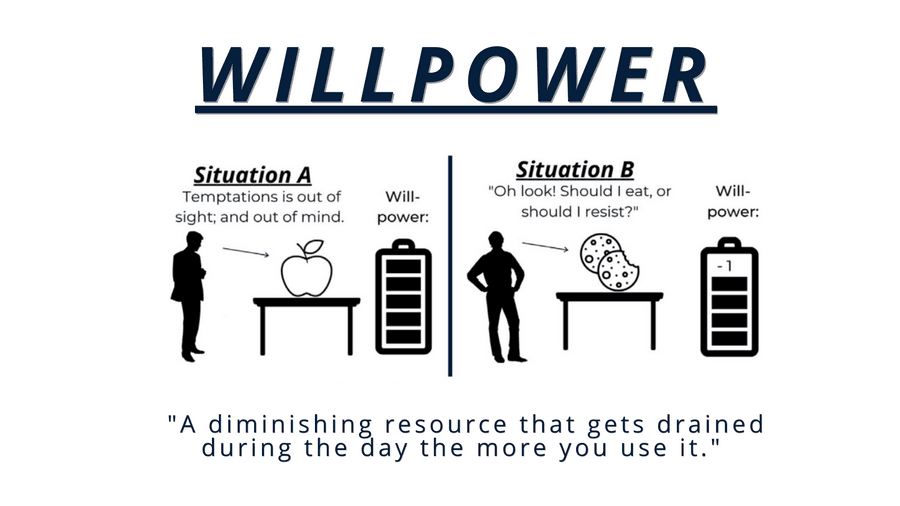Shaming with diligence
The threat of shaming can be more useful than the act itself to reform behavior. It may be helpful to implement regularly. For instance, an annual report on the companies guilty of the most pollution works better than a once-off.
68
165 reads
CURATED FROM
IDEAS CURATED BY
The idea is part of this collection:
Learn more about personaldevelopment with this collection
The importance of perseverance
How to embrace failure as a learning opportunity
The power of innovation and creativity
Related collections
Similar ideas to Shaming with diligence
Postmortems vs Learning Reviews
Most companies conduct postmortems at a project’s end to analyze and outline the factors that contributed to its failure. But this reflection, examination and evaluation might not be as useful as most wait for failures to conduct them and stop the analysis once the guilty are identified.
Fa...
Self-control is a short-term strategy when forming habits
A better method is to cut bad habits off at the source.
You may be able to resist temptation once, but you will most likely not be able to have the willpower to control your desires each time they appear. Thus, your energy would be better spent optimizing your environment....
The TRICK framework that drives us
- T - Tagging. We are quick to label others as needy, manipulative, fake, arrogant, but explain away our own selfish acts and believe we are better than others.
- R - Righteous. When we find someone difficult, we start believing in t...
Read & Learn
20x Faster
without
deepstash
with
deepstash
with
deepstash
Personalized microlearning
—
100+ Learning Journeys
—
Access to 200,000+ ideas
—
Access to the mobile app
—
Unlimited idea saving
—
—
Unlimited history
—
—
Unlimited listening to ideas
—
—
Downloading & offline access
—
—
Supercharge your mind with one idea per day
Enter your email and spend 1 minute every day to learn something new.
I agree to receive email updates
